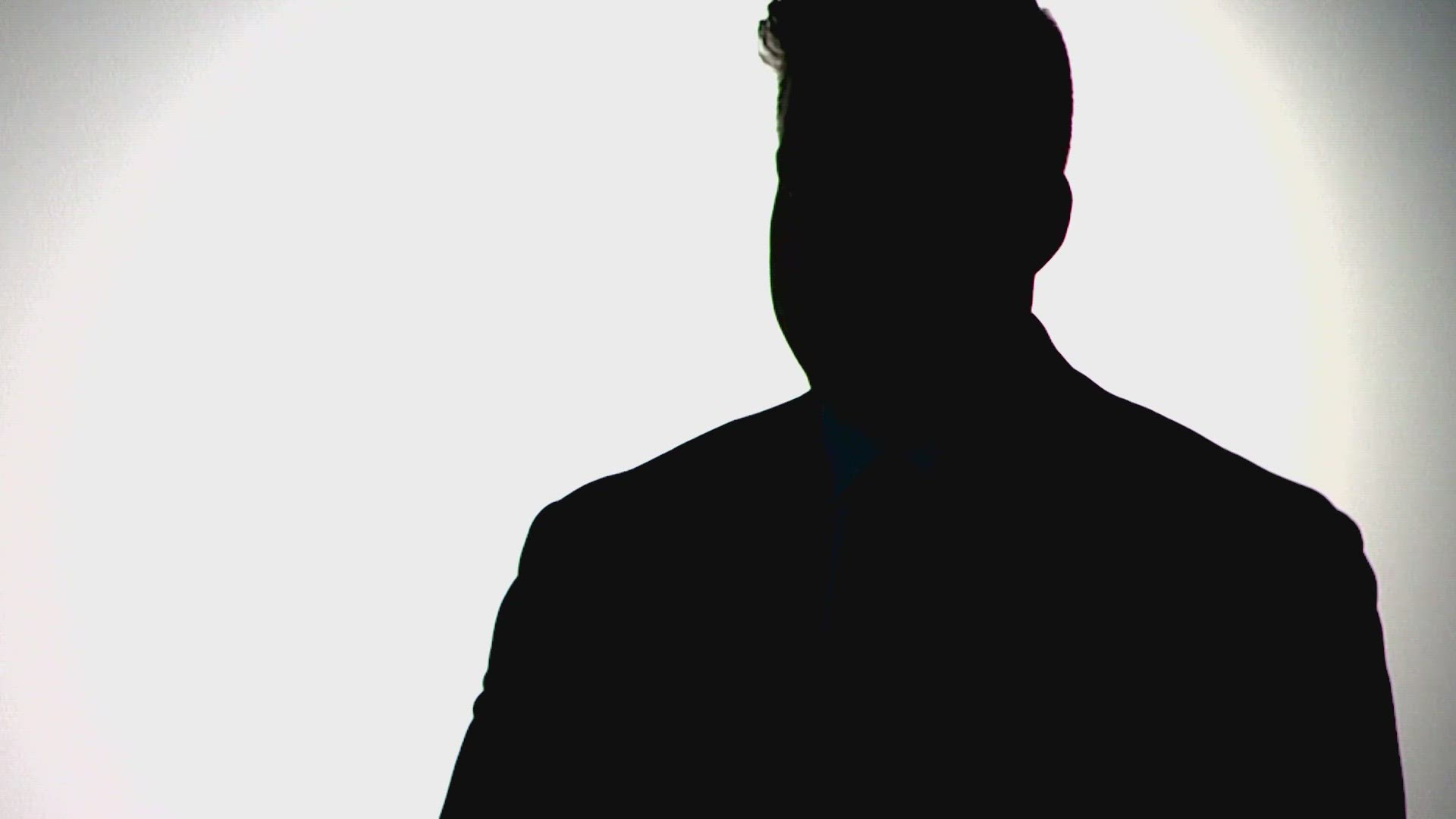SEATTLE — Sex trafficking in the northwest made headlines during Major League Baseball All-Star Week when two teens were accused of holding a young woman visiting Seattle captive.
Another woman taken from Seattle’s Aurora Avenue escaped a makeshift cell in Oregon. Her accused captor is behind bars awaiting trial.
These are the extreme cases.
A vice detective went on the record with KING 5 to speak on camera for the first time. He works undercover so we are not revealing his identity.
He said sex trafficking in western Washington is happening all around us.
"The commercial sex landscape in the greater Seattle area – it’s pervasive," he said. "There is high demand in this area and there is a large supply in this area and Seattle is kind of a hub of the northwest for this type of behavior."
Joyce Taylor: It's not just people walking up and down Aurora (Avenue). That's not really how prostitution works anymore.
"With the advent of technology. We've seen a lot of trafficking and prostitution switch to online advertisements."
Taylor: When we're talking about Bellevue, Kirkland, the eastside it's online, yes. And pervasive.
"Yes."
Taylor: Much more than people would imagine.
"Correct."
Taylor: So, if I point to a hotel on the east side, or maybe downtown Tacoma, there's likely prostitution going on in there.
"Yeah."
Taylor: What is the difference between prostitution and somebody who is being trafficked?
"With prostitution to me, there's a choice. When you introduce a trafficker or a third-party exploiter, that decision-making ability gets removed from them. Abduction-based trafficking is less than 1% of what we see here domestically in the U.S., but that's what most people think of when they think of sex trafficking, that someone is abducted and chained to a bed, and they're just a sex slave. When in reality, what we see is that a lot of the victims, like I said, do know their traffickers."
Taylor: Some people may wonder, some of our viewers may wonder why don't these young women just leave?
"That's one of those things that's so easy to say. But in reality for that person in that situation is extremely difficult. Many females in prostitution begin when they’re still a minor. Many of them have experienced homelessness or unstable housing conditions. Have experienced poverty. We do see a higher percentage of females of color, specifically African Americans in this area."
Taylor: Who predominantly are the people who are involved in buying?
"In the Seattle area, we can say with confidence based on statistics, that a middle-aged white male of influence, college educated, stable jobs, middle class or upper middle class, disproportionately buy females of color.
Taylor: How is it such a big business and these buyers continually get away with it?
"We have done a poor job at criminalizing prostitution and not targeting enough, the demand.
Taylor: What's the challenge in targeting the demand?
"I think part of the challenge is that a lot of the general public doesn't understand why we target demand. So most victims know their traffickers or their exploiters. They're familiar with them. Sometimes it's a family member, sometimes it's a friend, or a boyfriend.
Taylor: It's very complicated, isn't it?
"Yeah. It's very complicated. With a lot of people in prostitution, there's this overwhelming fear and anxiety about reporting stuff to law enforcement for fear of being charged or held criminally responsible for it. And then a lot of the times we've seen females want help. They want to get out of a situation. But maybe they don't want their trafficker or pimp or exploiter to be in trouble."
Taylor: A lot of us drive down Aurora (Avenue), and we see some of these young women, and a lot of people are disgusted by what they see. Instead of looking at these young women through that lens, what would you like people to do?
"Just realize that that's someone's daughter, or sister, or mom, and realize the amount of bad things that have probably happened to that person, through no fault of their own. Disgusted is the opposite of what you should be feeling, you should be feeling empathetic. Personally, how can I make a difference? What can I do to help?
Taylor: Why do you do this work?
"I can't think of any other victim demographic for other types of crimes that police departments investigate, who are more deserving of passionate investigators."
If you need help or know someone who does there are several agencies where you can get help here in the Northwest.
- REST
- YWCA gender-based violence
- Aurora Commons
- Organization for Prostitution Survivors
- 24-hour hotline: 206-451-7378

